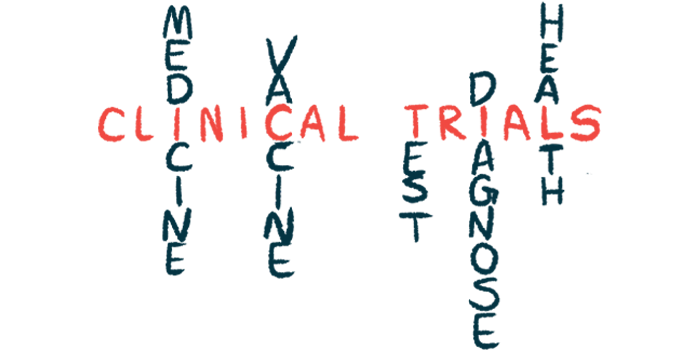$45M Grant Funds Trial of Vitamin B1 Precursor for Cognitive Decline

A large clinical trial has received $45 million in U.S. funding to evaluate the efficacy of benfotiamine — a lab-made precursor of thiamine or vitamin B1 — in slowing the cognitive decline of those with mild Alzheimer’s disease or mild cognitive impairment.
The five-year grant was awarded by the National Institute of Health (NIH) to researchers at the Burke Neurological Institute (BNI), in White Plains, New York, including the study’s lead researcher Gary E. Gibson, PhD, at BNI/Weill Cornell Medicine.
The study was designed to confirm and expand early data from a pilot Phase 2 study (NCT02292238) supporting the potential of benfotiamine, administered as 300-milligram tablets, twice-daily (morning and evening) for a year to slow cognitive decline in this patient population.
Data showed that benfotiamine was safe and that cognitive decline was lower in patients treated with benfotiamine compared to those who received a placebo, as measured by the Alzheimer’s Disease Assessment Scale-Cognitive Subscale. Despite the fact that the decrease didn’t reach statistical significance compared to the placebo, the data support the potential therapeutic benefits of benfotiamine.
“I am particularly excited about this trial because it will determine how relevant these decades of research are to the treatment of Alzheimer’s disease,” Gibson said in a press release. “If our hypothesis is correct, we will advance an exciting investigative clinical treatment pathway relevant for millions of patients, and with potential advantages in safety and value.”
Prior research has shown that one of the early events of Alzheimer’s disease is a decrease in the brain’s glucose (sugar) metabolism. The decline occurs before profound symptoms of memory loss are evident.
A drop in glucose metabolism in the brain is caused by a decline in the availability of thiamine. Using different preclinical models, Gibson and other researchers have shown that boosting the levels of thiamine via its precursor molecule benfotiamine protected against Alzheimer’s-like symptoms.
The new trial will be carried out in collaboration with leading scientists in Alzheimer’s disease and other dementia research, including Howard Feldman, MD, director of the Alzheimer’s Disease Cooperative Study at the University of California, San Diego, and Jose Luchsinger, MD, a researcher at Columbia University Irving Medical Center.
“We are excited to receive this funding which will enable the further testing of benfotiamine through to its clinical proof of concept, including adaptively testing for the optimal dose and treatment response across clinical and biomarker measures,” Feldman said.
Enrollment is expected to start by the first quarter of 2023 with a target of about 400 patients across 50 clinical trial sites in the U.S. The trial, to be coordinated by the Alzheimer’s Disease Cooperative Study, will follow a selection of patients for 18 months. Parameters to be assessed include cognitive tests and blood markers of Alzheimer’s and mild cognitive impairment status and progression, as well as glucose use in the brain, loss of nerve cells, inflammation, and parameters of brain disease.
“It is gratifying to see research which the Alzheimer’s Drug Discovery Foundation initially identified as promising and supported in a pilot study continue to be pushed forward with funding from the NIH’s National Institute on Aging,” said Howard Fillit, MD, co-founder and chief science officer of the Alzheimer’s Drug Discovery Foundation.
“With the improved biomarkers that have been developed since the pilot, this next phase will provide a deeper understanding of how benfotiamine works in the brain,” he added. “Novel approaches that target the many biological factors which contribute to Alzheimer’s, like metabolic dysfunction, are essential to finding effective treatments for this disease.”
The trial is also supported by a partnership between BNI and other academic institutions, including the University of Gothenberg, in Sweden, the University of Cambridge, in the U.K., and Georgetown University, in the U.S. The Burke Neurological Institute is collaborating as well with C2N Diagnostics, in St. Louis, Missouri, a company focused on advanced brain health diagnostics.








